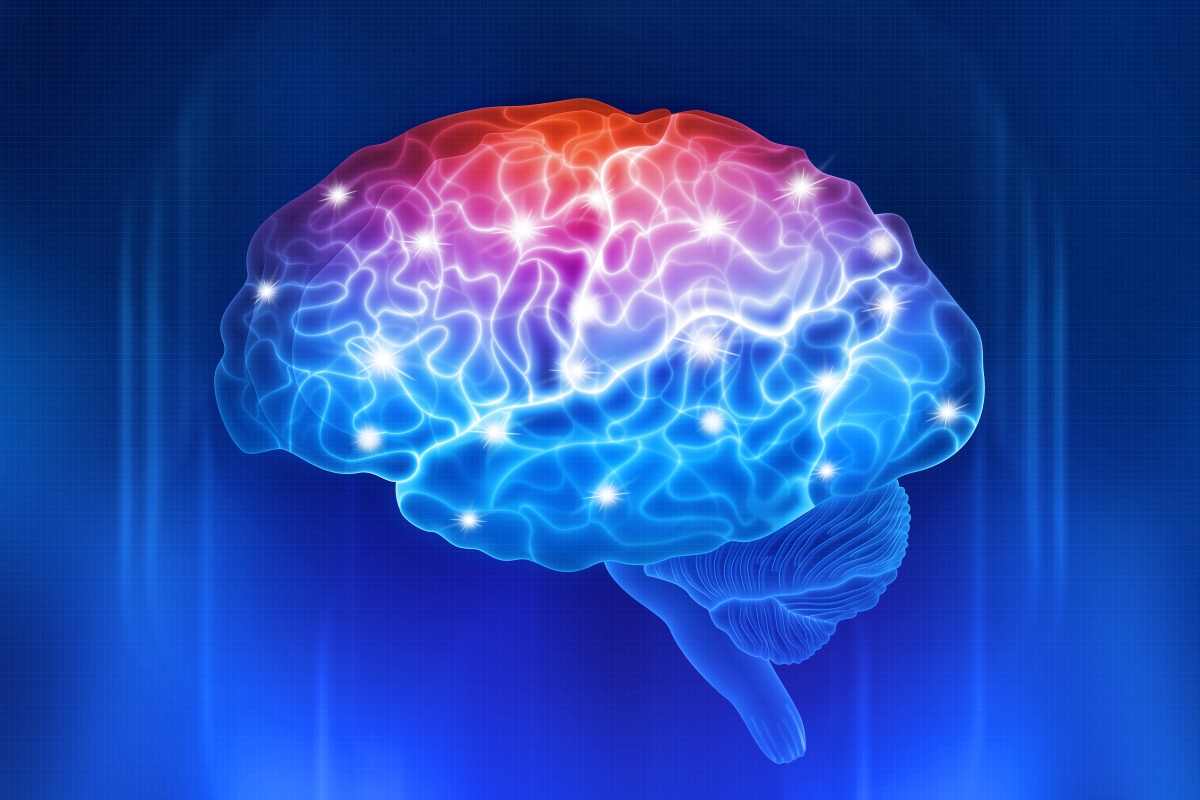Stress-impaired reward pathway promotes distinct feeding behavior patterns

Although neuropsychiatric conditions impact eating habits, several environmental variables are also important. Fujioka et al. (2024) showed that mice subjected to multiple stressors—such as social isolation, intermittent high-fat diets, and physical restraint—developed altered feeding behaviors, particularly a fixated approach to food. These stressors impacted dopamine release in the nucleus accumbens (NAcc) shell, and restoring normal dopamine levels reversed the feeding issues. Additionally, inhibiting dopaminergic activity in the ventral tegmental area, which projects to the NAcc shell, caused similar disruptions in feeding behavior. Since these changes did not consistently correlate with the amount of food consumed or metabolic factors, they likely indicate disruptions to a crucial stress-related pathway within the mesolimbic dopamine system. Therefore, changes in feeding patterns, reflecting abnormalities in the reward system, could serve as sensitive biomarkers for both psychosocial and physical stress. [NPID: Feeding behavior patterns, fixated feeding, psychosocial stress, biomarker, dopamine, reward system]
Year: 2024
 Navigation
Navigation







